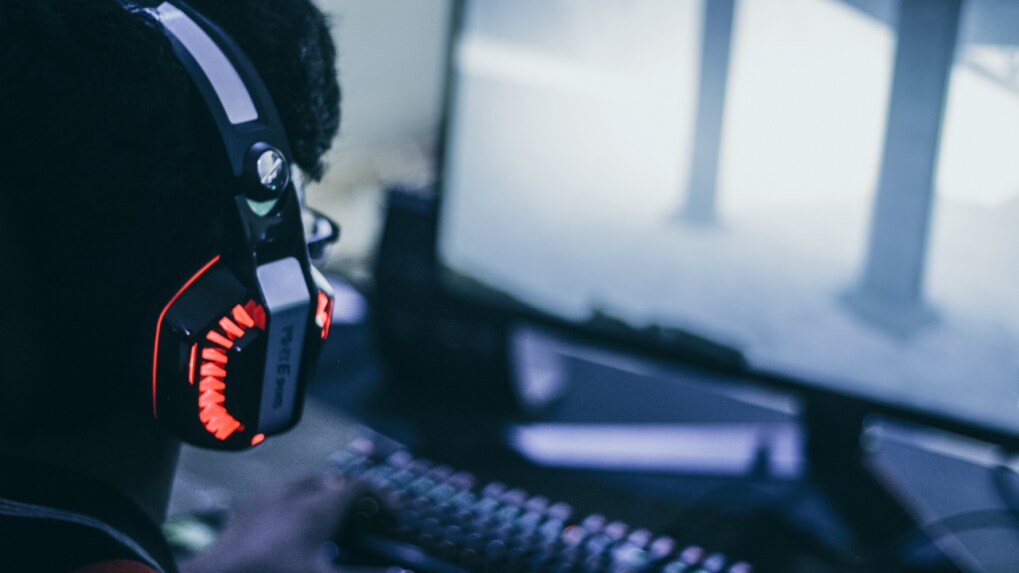GST of 28% on online gaming would put survival of sector in doubt
Stakeholders in the online gaming ventures fear that 28% GST on revenue can make businesses unsustainable and drive away users from legitimate platforms.
ADVERTISEMENT
The Group of Ministers (GoM) of the Goods and Services Tax (GST) Council is said to have finalised a fresh GST mandate for the lottery, casino, and gaming businesses.
According to reports, all online gaming will be taxed at 28 percent. While games of chance such as racing, betting and lotteries are taxed at 28 percent of the contest entry amount, other types of online gaming are currently taxed at 18 percent of the platform fee.
The proposed decision, which is due this month, has got online gaming businesses worked up. If taxed at 28 percent, as has been reported, the sector is bound to see a huge dip, said experts.
Most online gaming companies are startups and are in the stage of cash burn, with profitability a few years away, said Suraj Chokhani, MD of Ability Games. According to him, 28 percent GST on contest entry fees will put the survival of the whole sector in doubt.
“I am hopeful that the government and GoM will look at ways and means to support the industry while ensuring that revenue generation for the exchequer is not compromised. We hope the government does not consider imposing such unsustainable taxation when the industry is at such a nascent stage,” he added.
India is the fifth-largest online gaming market in the world, according to an EY report. The domestic market is expected to grow rapidly on account of factors such as increased investments, wider internet availability, and a tech-savvy younger population, EY said.
Growing market
Online gaming in India was worth $543 million in 2016 and had grown to $1.027 billion in 2020. The market is estimated to reach $2 billion by 2023 in terms of rake fee earned.
Rake fee is the commission charged by online gaming operators. This commission or gross gaming revenue (GGR) is taxed at 18 percent. The rate is in line with global best practices and international tax structures followed by many countries, which ranges from 15 percent to 20 percent.
Aditya Chopra, managing partner of Victoriam Legalis, a law firm, says it is important to note that levying 28 percent GST on gross gaming revenue on certain genres of gaming is different from levying 28 percent GST on all online gaming in a blanket manner.
“Online gaming would include games of skill as well as games of chance. While games of chance already attract the said high rate of tax, as per the present regime, imposing a blanket 28 percent on all online gaming would increase the tax imposed on online skill gaming from 18 percent to 28 percent,” he said.
It is also significant to note that various judicial precedents have recognised the difference between games of skill and games of chance. Chopra said stakeholders in online gaming as well as legal professionals are eager to see if a clarification is issued to take into account such a difference and to demarcate different tax rates for games of skills and games of chance.
Technology and gaming lawyer Jay Sayta said if 28 percent GST is charged on the entire entry fee or bet value, as is contemplated, it would result in an almost complete debilitation of the online gaming industry.
“Apart from certain big leagues hosted by large fantasy gaming platforms and some other large-scale contests, no other real money games or formats would be feasible. There would be almost no road for profitability for any real money online gaming company and business models would have to be reassessed. Many companies may either have to shut shop or pivot to non-real money gaming, free to play offerings,” he said.
In-app purchases
Some say the prevailing 18 percent GST is already a hiccup for smaller entities such as content creators and small vendors, who have to either absorb this cost or expect their customers/vendors to pay it.
Rohit Agarwal, founder of Alpha Zegus, a marketing agency specialising in gaming, says if the tax is increased, prices of all forms of in-app purchase items will be hiked.
“India already has one of the lowest in-app purchase frequencies and ticket sizes in the world and this move will take it down further. The audience will either get lesser value for the same money or will have to pay extra for the same value of items, or the company will have to take the hit on it,” he explained.
Secondly, creator revenue will go down as brands will either cut commercials to adjust for the rise in GST or the brands/platforms will have to pump in more funds to account for the additional taxation.
Moreover, companies, especially smaller ones, trying to attract investments will have to drive extra funding, not only to compensate for the rise in the tax bracket but also for the possible increase in customer acquisition costs.
The question of viability comes down to whether the increase in GST rates would apply to revenue generated by operators or to amounts that are not booked as revenue, such as money collected for distribution as prize money.
“If GST is on GGR, in line with international practices, it will still be a viable construct for both sides,” said Siddharth Sharma, head of strategy at Head Digital Works, an online skill-gaming company. “If it ends up being the latter, illegitimate betting and gambling operators that are already visible in our economy will stand to gain the most while legitimate businesses will eventually cease to exist in this space.”

